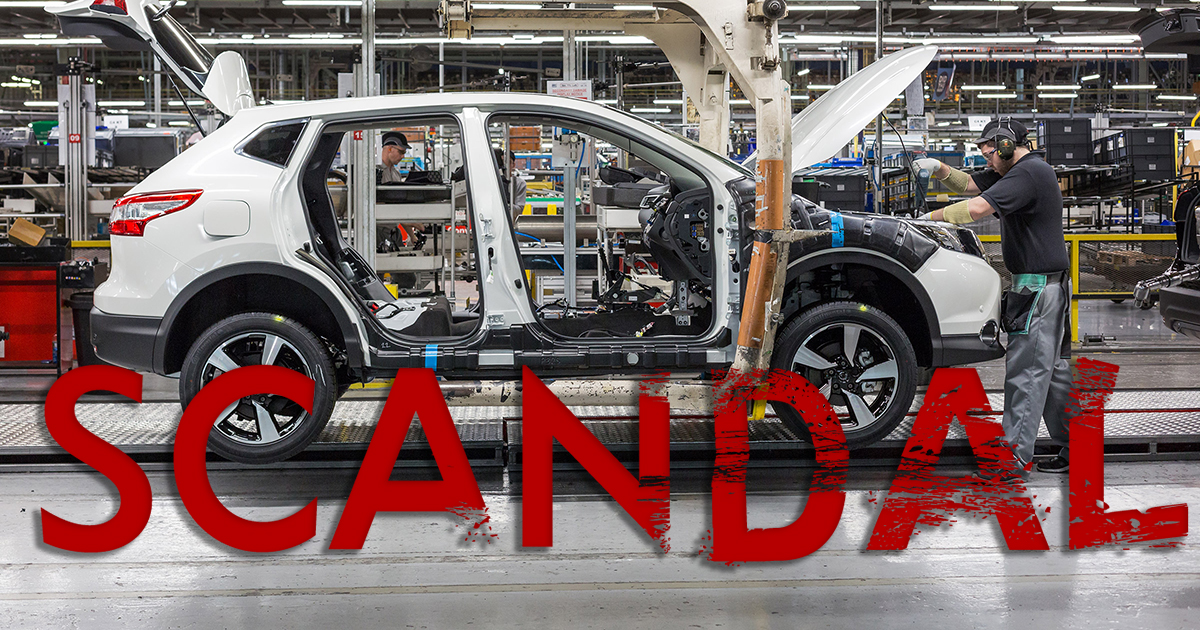Dangerous Brake Issues And What Might Be Causing Them
At some point in everybody’s driving career, brake issues will crop up. Sometimes these moments can be terrifying, like a sudden loss of brake pressure while driving. Most of the time, however, brake issues are little more than a minor nuisance that should be taken care of before the problem gets bigger. The following list will go through the most common brake problems and what may be causing them.
Brake Pedal Too Low
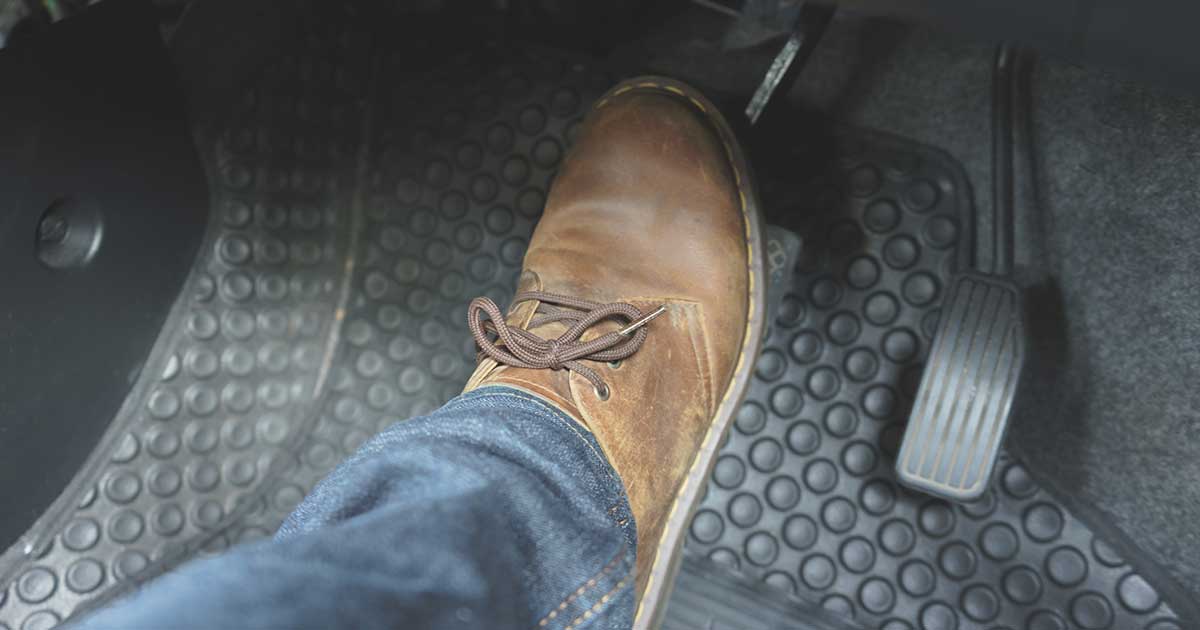
If the brake pedal sits too low and won’t return to its position next to the gas, it could indicate a few different issues. A low pedal is caused by a lack of pressure in the braking system. Without enough pressure in the brake system, the hydraulics that amplifies the force of the pedal being pushed won’t work. First, check the brake fluid. If it is low, top it up to the appropriate line on the side of the reservoir.
If your fluid is topped up and looking good, check to see if you have some contaminants in the system. Contaminants, in this case, is anything that is not brake-fluid. While the brakes are a closed system, it is still possible for air pockets, schmutz from the brake lines and even some water from condensation to get in. To clear any contaminants, bleed the brake lines then replace the fluid.
If the fluid is clean and at appropriate levels, it could be a bad power boost unit. This piece of the system takes the pressure from the brake pedal and amplifies it in the hydraulic lines to give the driver the strength to stop. This unit works using a vacuum system that if it loses pressure can cause soft brakes and a low pedal. To verify this is the problem, a mechanic will need to diagnose it with a tool used for checking the vacuum pressure and replace the unit.
Brake Pedal Too Firm
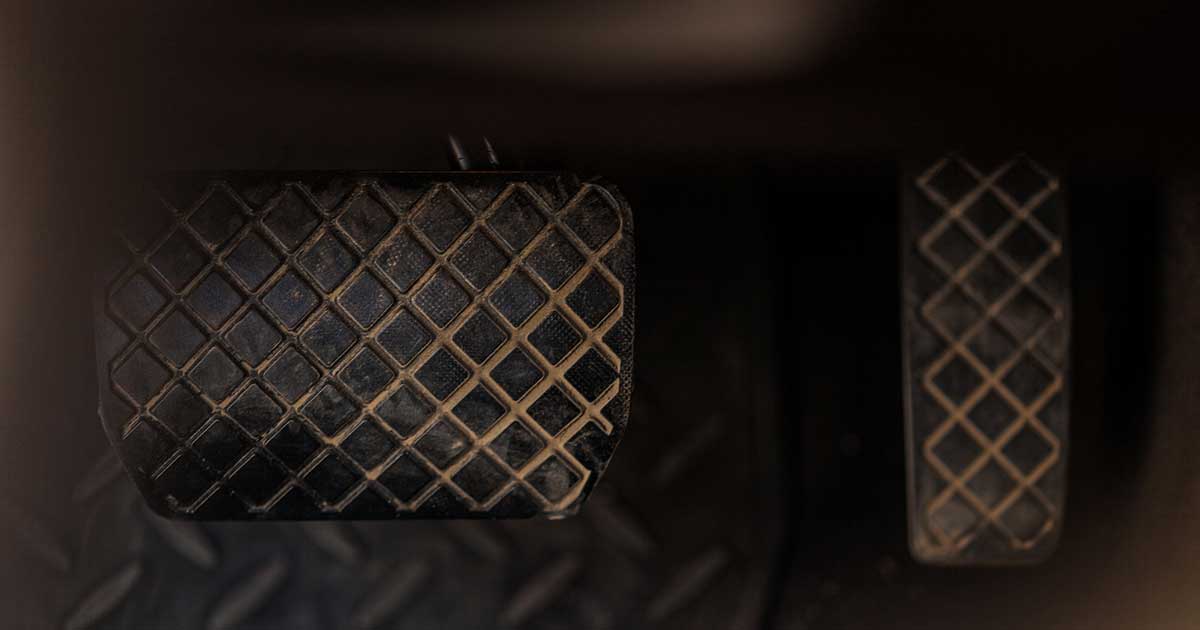
The brake pedal should have resistance but give under slight pressure. There are a few reasons why the pedal may firm up and not move when pressed. The first is an obstruction in the line. If a piece of rust from the brake line came loose and wedged itself somewhere in the line, the hydraulic system will stiffen up and be unable to release the pressure. Likewise, this can also be caused by a pinch in the brake line.
Another possible cause is a bad booster unit. Like a soft pedal, too firm a pedal could be caused by an issue in the booster unit that amplifies the pressure when the pedal is pushed. If the vacuum cannot release the pressure, the entire system will firm up. If it is the booster unit, have a mechanic verify it with specialized equipment and replace the part.
No Brake Pressure - Pedal Goes To Floor
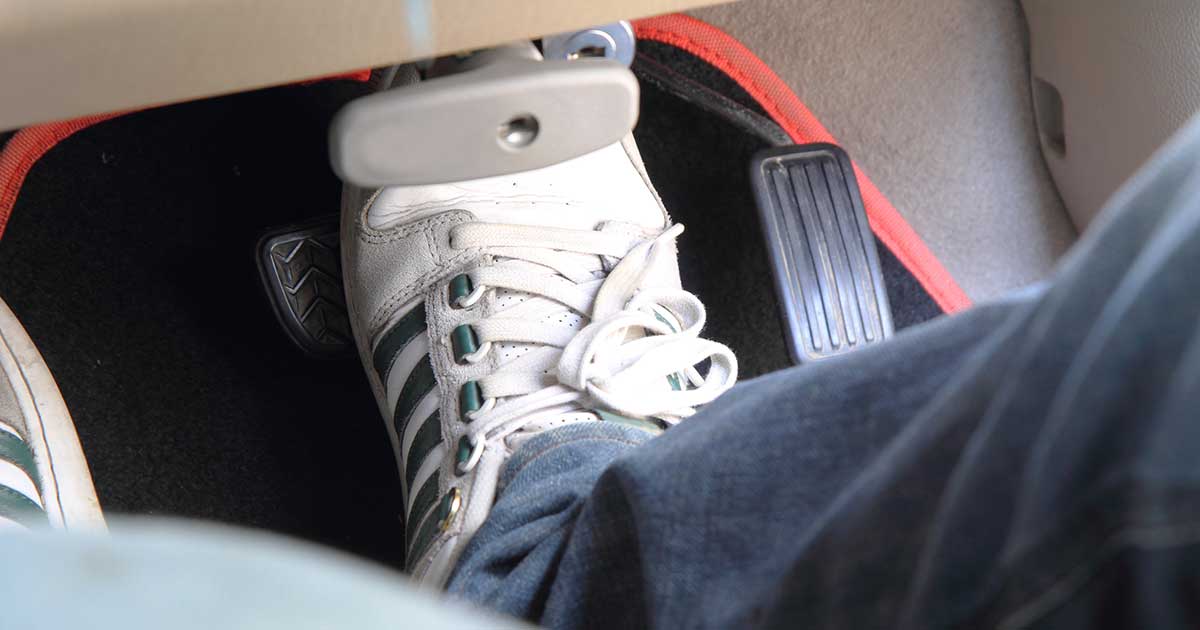
If the pedal gives no resistance when you push it and ends up touching the floor, it is a sign that there is something wrong with the system. This is caused by a lack of fluid in the system. Check the brake fluid levels and top up if necessary. If the pedal is still soft and dropping to the floor, the system is losing pressure somewhere. Check all the lines for cracks or breaks where air might get into the system or fluid is leaving the system. Bleed the lines to remove any extra air that might have made it into the system.
If the brake lines all look solid and there is no air in the line, it may be the master cylinder. If the master cylinder is damaged it cannot be repaired, only replaced. When a mechanic replaces the master cylinder, they will also check the rest of the brake system for you.
Weak or Spongy Brakes
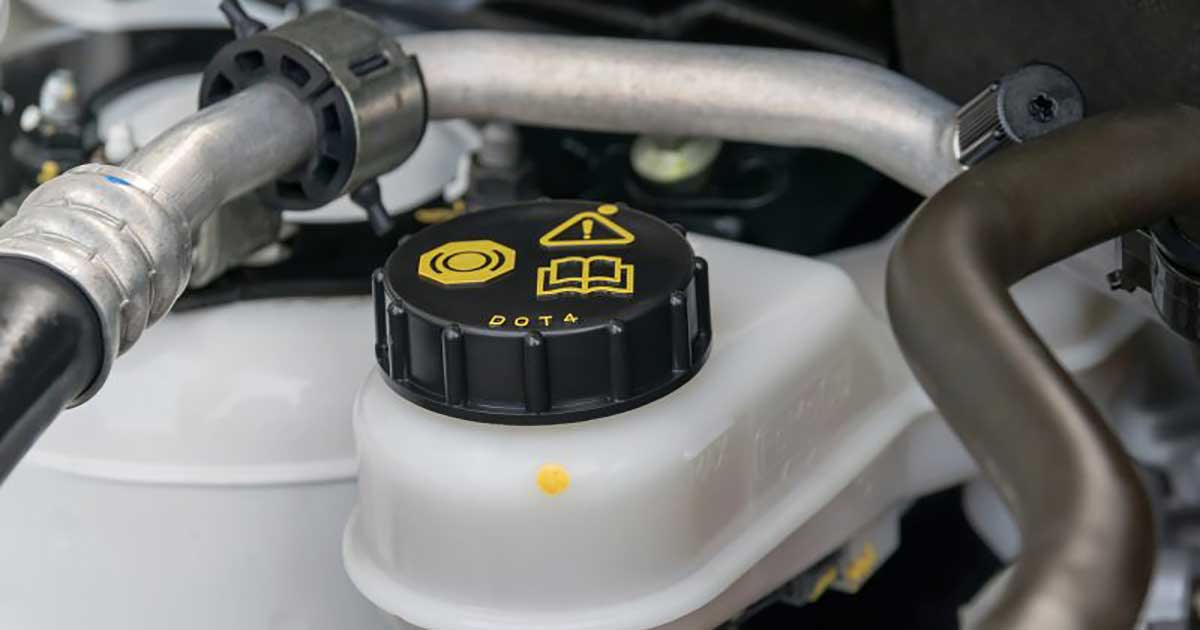
If the pedal feels like it is going lower than it should before stopping begins, or the pedal needs to be pumped to slow the vehicle, it could indicate several issues within the system. The most common cause of weak or soft brakes is a lack of fluid. Check the brake fluid levels and make sure to top them up to the indicator line on the reservoir.
A blockage in the line could also be to blame for squishy brakes. Blockages and contaminants can enter the system at any point if the lines have rust damage or there’s a small air leak. Check the lines for any sign of brake fluid escaping while you bleed the lines. If there is no leak in the line, top the fluid up and test the brakes. It could be that the pads are severely worn. However, it is unlikely that this would go unnoticed until the system got weak. Worn brake pads will squeal and scream well before they get to a point to cripple the system in this way.
Brakes Grabbing or Pulling
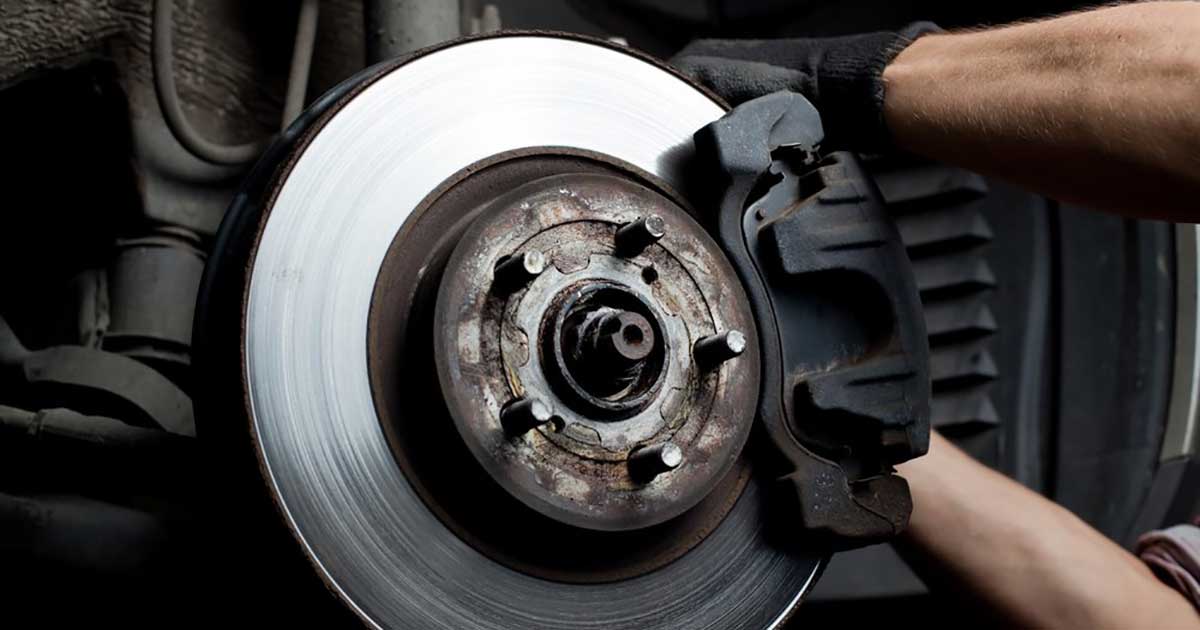
Brakes grabbing hold or pulling to the side is an indication that something is severely worn. Usually, grabby brakes are a result of the brake pads, rotors or discs being unevenly worn or damaged. Inspect your brakes for signs of obvious damage, such as grooves cut into the discs by the calipers, and have a mechanic replace them.
Vibrating Brake Pedal
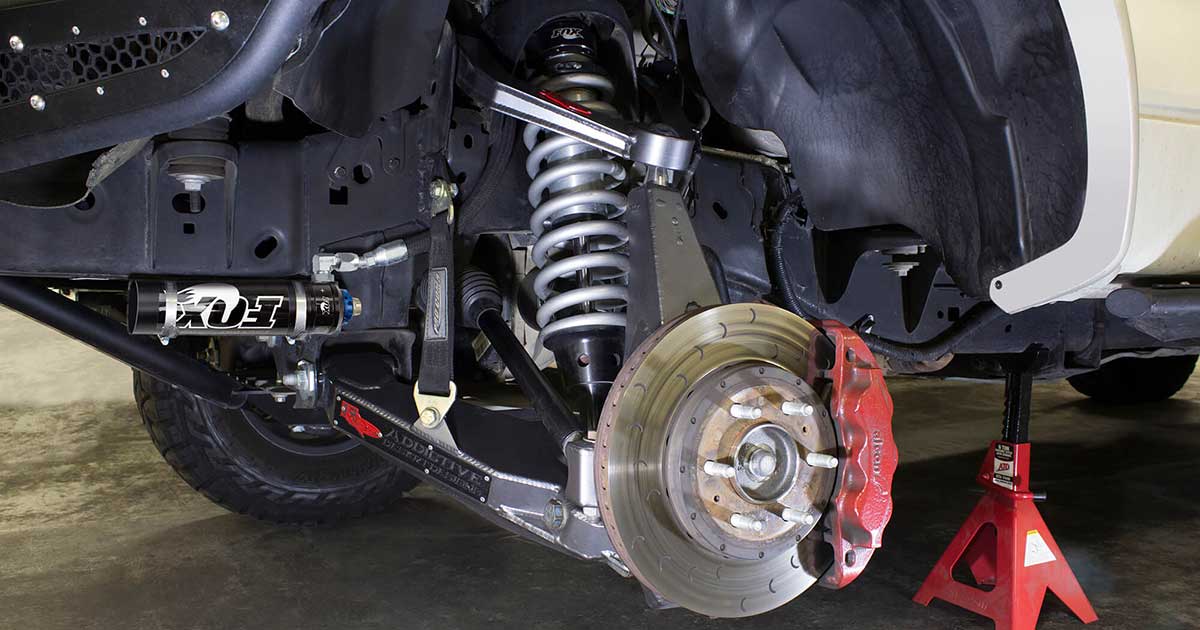
All cars today come with an Antilock Braking System (ABS) that works to keep your wheels from locking up when the brakes are applied by rapidly applying and easing the brakes. Stomping on the brake pedal or trying to stop on slick surfaces can cause the ABS to engage. The rapid application and releasing of the brakes will cause the pedal to vibrate. If pushing the brakes feels like the ABS is engaging even at low speed, it could be a sign that your pads need replacing. Likewise, it could also be the disc that is worn and needs replacing. When replacing brake discs replace them in pairs, i.e., both front or rear discs. Never replace just a single disc, as this will cause uneven wear.
Vibration in the brake pedal can also be a sign that the wheels are out of alignment. To check for this, take your hand off the wheel while driving straight and see if and how quickly the vehicle drifts from center. If this is the case, see a mechanic to do an alignment.
Vibration can also be caused by worn parts of the front suspension system. Worn ball joints, wheel bearings, tie rods, or struts can all cause vibration. Have a mechanic take a comprehensive look at the suspension system and replace or repair anything that needs it. A failing suspension system can turn catastrophic when it fails and is not something that should be ignored.
Brakes Dragging
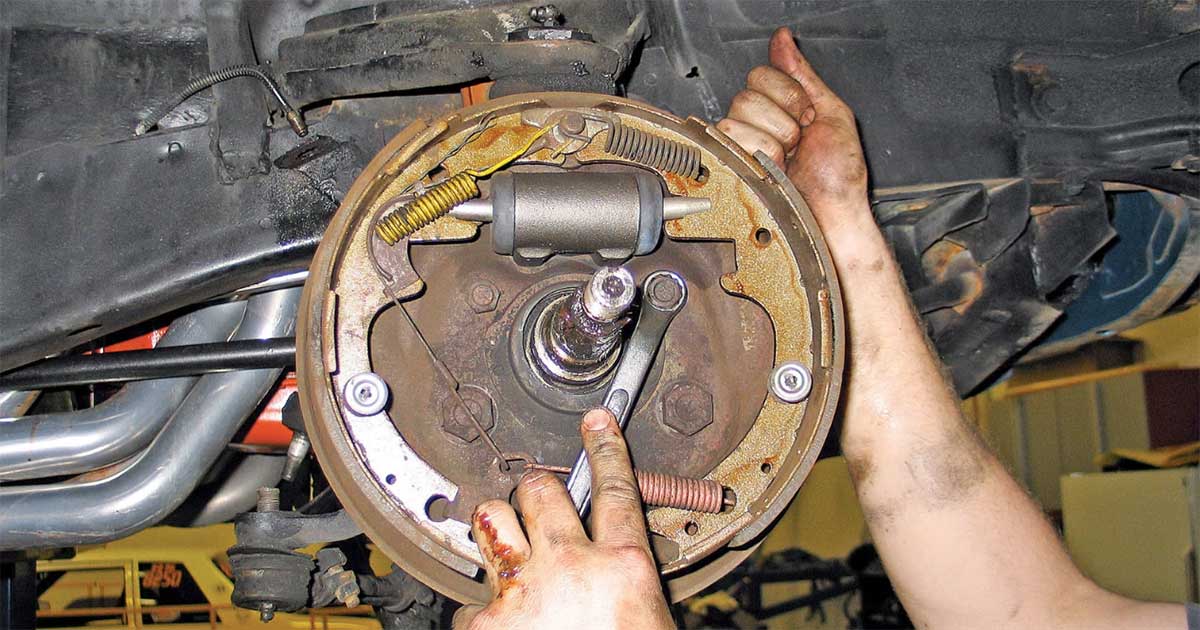
When letting off the brakes, the pedal should return to its neutral position, and the wheels freed immediately. If this is not that case and they continue to grip after the pedal has been released, it can cause damage to the discs and pads, cause faster wear, which means replacing the brakes sooner or cause the vehicle to become completely immobile.
A dragging or stuck brake could be caused by a bad wheel cylinder. The wheel cylinder is the valve system that controls an individual wheel’s brake. If this part failed to release, the brake will stay on. Have a mechanic replace the wheel cylinder and check the line for blockages or debris. If the wheel cylinder is not to blame, it could be the parking brake. The parking brake is almost always on a separate system from the brakes, in case of emergency. This other system is often a mechanical cable system. The cable can become frayed or corroded, causing it to fail to retract the brake. Usually releasing the parking brake is just a matter of finding the cable under the vehicle and jostling it loose and lubricating the ends, so it continues to move freely. If the cable is damaged or disconnected, have a mechanic replace and calibrate it.
Brakes Squeal or Whine
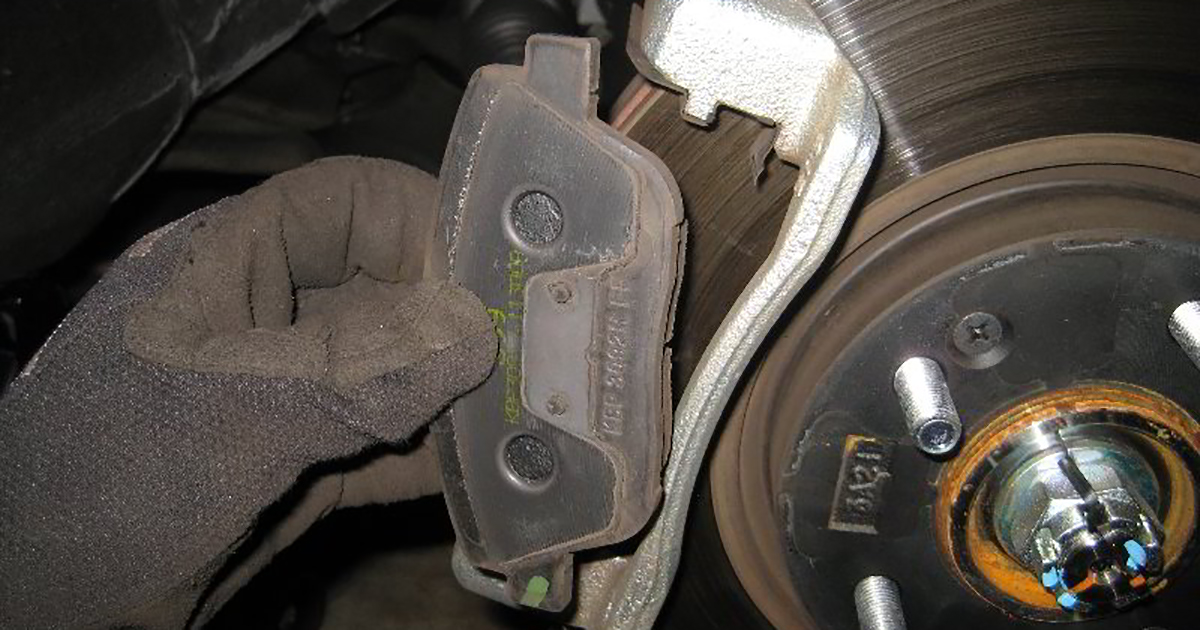
The high pitched squealing of brakes is one of life’s greatest annoyances. Ranging from unintrusive to anxiety-inducing screaming, brakes are designed to let the driver know when something is not quite right. Sometimes the squeal is not a big deal, other times it is to let you know that something is coming to the end of its lifespan. If the brake pads are worn and need replacing, they will squeal and whine until replaced. Check to see how worn they are and if there is any visible damage to them.
If the brakes are well within their expected lifespan and in good condition, the squealing could be a small gasket vibrating away. The gasket sits between the pad and the brake piston to absorb vibrations when braking. Sometimes this gasket can vibrate to the point of making noise. Check to see if the gasket is still there. If it is, there is special lubricant available to stop this from happening. If not, have a mechanic replace the part.
Clunking Sounds
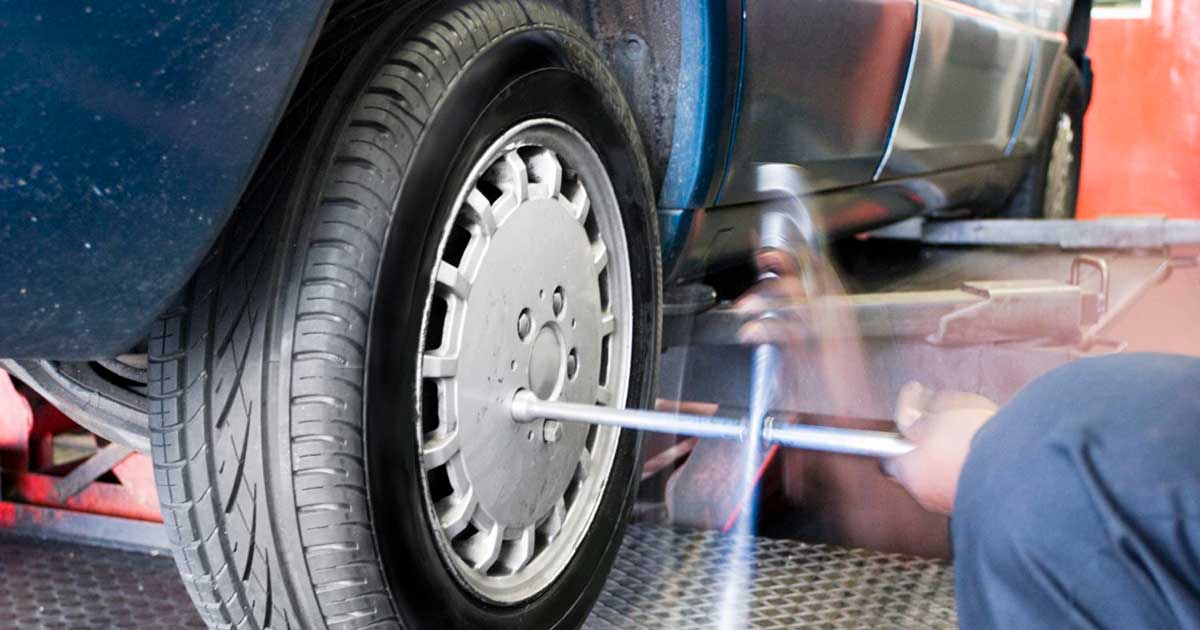
Clunking sounds are never a good sign. If the vehicle gives a hefty clunkwhen the brakes are applied, something needs tightening or replacing. Inspect the bolts and nuts to make sure everything is tight. Be careful to not overtighten some parts of the brake and throw the calibration off.
The other thing that can cause clunking when the brakes are applied is broken or worn parts in the suspension system. Broken or worn suspension components can shift. Worn ball joints, loose or broken tie rods, bad struts or even a worn steering rack can cause clunking in the front end when the brakes are applied. Have a look over the front suspension, steering and bearing systems and tighten or replace anything that is loose or broken.
